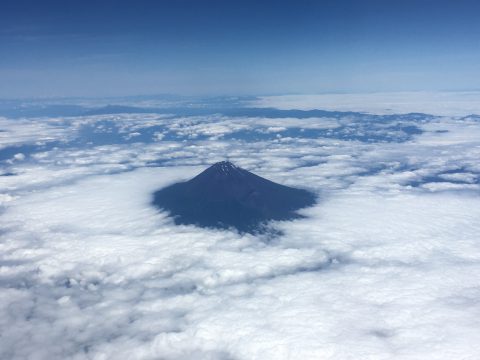Death and Taxes in Japan

Last month, I have been to funeral for my aunt.
She was 92 years old “tough” woman well deserved to be a centenarian.
But the aging finally surpassed her.
Table of Contents
Not only Inheritance Tax
Life in Japan is full of taxes.
Most of us had/have been a someone’s tax dependency since our birth till we got job, paying consumption tax at stores since childhood, paying income tax and inhabitant tax after we got job then paid Real Estate Acquisition Tax, paying Property Tax after we had our own house.
If we die leaving some amount of property for someone else, it will be subject to Inheritance Tax.
Because the exemption amount of Inheritance Tax has been lowered recently, the proportion of heirs who need filing tax return and paying Inheritance Tax is increasing.
More than ever, Inheritance Tax has a close relationship with the end of our life.
But only little are aware of the closer relationship between “death” and Income Tax return filing.
Cannot pass away passing the income tax return filing
There is an exemption amount for Income Tax.
It is often said that “income tax will be imposed if your annual pay exceeds 1,030,000 yen”.
This amount comes from a total of 650,000-yen minimum salary income deduction and 380,000-yen basic deduction which is applicable to only “salary income” of company workers and part-time employees.
Accordingly, if you have another type of income, i.e., either “real estate income”, “business income”, “forest income”, “retirement income”, “temporary income”, “capital gain” or “miscellaneous income”, even if your salary income is less than 1,030,000 yen, you would better to make sure whether you need to file the Income Tax Return or not.
The income tax return must be filed if year-to-date (from January 1 to date of death) taxable income of the person who passed away exceeds the tax exemption amount.
However, as it is impossible for a deceased person to file it with tax office, heirs and/or comprehensive donees (persons who take over the property of the deceased person) will file the tax return (semi-final return) on behalf of the deceased person.
If no one takes over the property, the inherited property per se will be given a legal entity status of “Estate Corporation” and such Estate Corporation will file the tax return on behalf of the deceased person.
Like this, Japanese income tax will be imposed on income of a deceased person up to the exact last day of his/her life.
It is really the tax chasing around you from “cradle to grave”.
Joint liability of heirs
The heirs and donees jointly undertake the obligation of income tax return filing and tax payment for the deceased person.
But this is not easy job for them.
Particularly, if the deceased person was a self-employed running his/her own business, it would be hard for the heirs who were not involved in the business to compute income of the deceased person (in some cases, the consumption tax due amount as well).
Especially if the case where vouchers such as books and receipts are not neatly organized, the heirs would have to exercise the sixth sense (like detective) to trace footprints of the deceased person.
We usually cannot predict when and how we are going to die.
It is rare case that people get prepared for tax return filing assuming his/her death.
I am trying to keep my books as timely and neatly as possible using the Cloud Accounting service but still it would be quite difficult for my family to file my tax return by the deadline (normally within 4 months from next day to the death) .
If you die worrying about the tax return filing, the tax will chase you to “the afterlife” beyond “the graveyard”.
I do not like that.
***
I saw the Mt. Fuji from the airplane on my way to Miyazaki for the funeral.
It suddenly reminds me of old memory that I saw the Mt. Fuji from a house in Fuji City (Shizuoka Prefecture) where my aunt used to live.
Dear my aunt,
You worked so hard for a long life.
I have confirmed that you are exempt from the last final tax return filing.
Please take a good rest.



